
Les inconnus de la terre starts like a traditional feature film: in the beginning of the film all the leading roles are given a short introduction. This is followed by a number of interviews, in which the makers unashamedly appear themselves. They include an interview with a lonely shepherd and one with three unmarried brothers who try to run the parental farm for better or worse. Notwithstanding the fact that this mode of interviewing has now become classical, les inconnus de la terre works rather refreshingly. The film is more than just an enumeration of problems. In an honest way it shows the ties of those involved to the land and to nature, in addition to being a plea for the modernization of French agriculture.
You May Also Like

Zeitgeist: Addendum premiered at the 5th Annual Artivist Film Festival. Director Peter Joseph stated: “The failure of our world to resolve the issues of war, poverty, and corruption, rests within a gross ignorance about what guides human behavior to begin with. It address the true source of the instability in our society, while offering the only fundamental, long-term solution.”
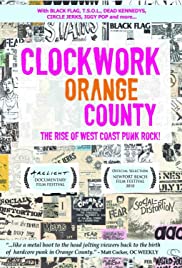
Many objected to leather-jacket, spike-hair kids with tattoos. But, that did not dissuade a generation… No one realized that a little club in Costa Mesa, CA would end up spawning a multi-billion dollar youth culture that still endures today! It was the Cuckoos Nest of the late 70s and early 80s. With archival, unseen and new footage, the filmmakers compiled an intimate story about the beginning of a movement, a place of refuge for a youth culture, a fearful establishment and a police force that didnt understand what was happening.
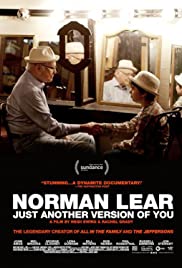
Arguably the most influential creator, writer, and producer in the history of television, Norman Lear brought primetime into step with the times. Using comedy and indelible characters, his legendary 1970s shows such as All In the Family, Maude, Good Times, and The Jeffersons, boldly cracked open dialogue and shifted the national consciousness, injecting enlightened humanism into sociopolitical debates on race, class, creed, and feminism.

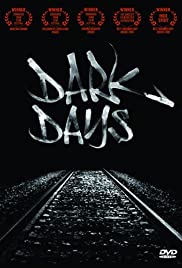
A cinematic portrait of the homeless population who live permanently in the underground tunnels of New York City.
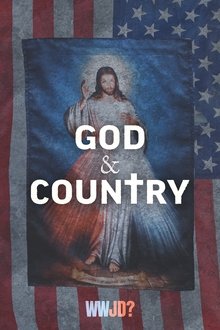
Examines the implications of Christian Nationalism, how it distorts not only our constitutional republic, but Christianity itself, and asks the question: What happens when a faith built on love, sacrifice, and forgiveness grows political tentacles, conflating power, money, and belief into hyper-nationalism?

Led by archaeologist Ciprian Ardlean, this groundbreaking special unearths fresh archaeology that is transforming the understanding of when and who the earliest humans traveled to the Americas.

Foreign Puzzle is an intimate documentary that captures the journey of an inspiring Mexican American dancer as she communicates the impermanence of life through dance while juggling the roles of a recently divorced parent of a 6-year-old, a choreographer and a primary school teacher amidst intensive treatments for breast cancer.
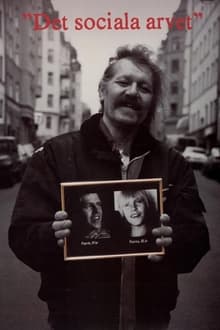
Misfits to Yuppies is the last of three films (Dom kallar oss mods, Ett anständigt liv, Det sociala arvet) that shows conditions for addicts in Stockholm and try to find out how social legacy have been transferred to their children from previous films.
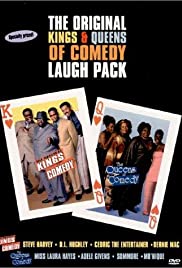
The Original Kings of Comedy achieves the seemingly impossible task of capturing the rollicking and sly comedy routines of stand-up and sitcom vets Steve Harvey, D.L. Hughley, Cedric the Entertainer, and Bernie Mac and the magic of experiencing a live concert show. Director Spike Lee and his crew plant a multitude of cameras in a packed stadium and onstage (as well as backstage, as they follow the comedians) to catch the vivid immediacy of the show, which is as much about the audience as it is about the jokes.
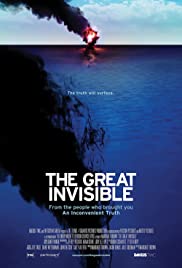
Penetrating the oil industry’s secretive world, The Great Invisible examines the Deepwater Horizon disaster through the eyes of oil executives, explosion survivors and Gulf Coast residents who were left to pick up the pieces when the world moved on
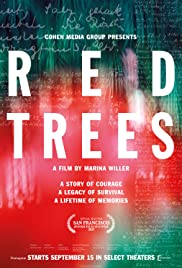
Award-winning filmmaker, Marina Willer (Cartas da Mãe), creates an impressionistic visual essay as she traces her father’s family journey as one of only twelve Jewish families to survive the Nazi occupation of Prague during World War II. Photographed by Academy Award® nominee César Charlone (City of God), the film travels from war-torn Eastern Europe to the color and light of South America and is told through the voice of Willer’s father Alfred (as narrated by Tim Pigott-Smith, Quantum of Solace), who witnessed bureaucratic nightmares, transportations and suicides but survived to build a post-war life as an architect in Brazil. As the world struggles with the current refugee crisis, RED TREES is a timely look at a family besieged by war who finds peace across an ocean.